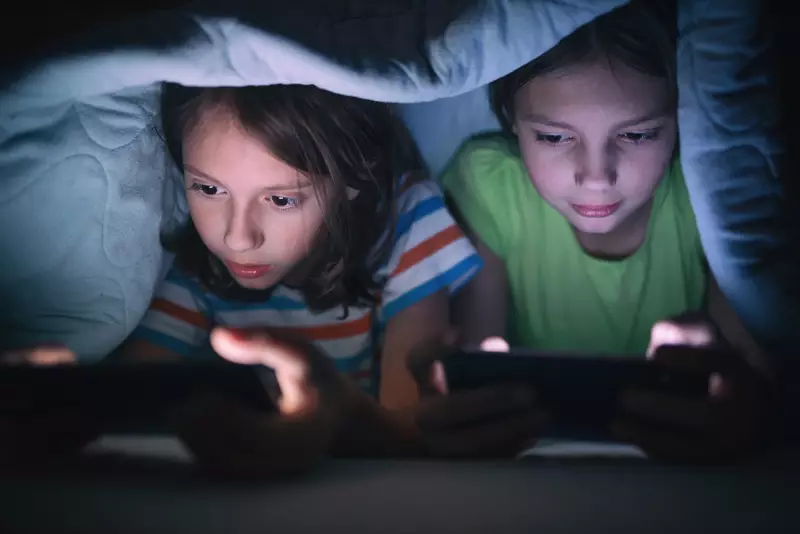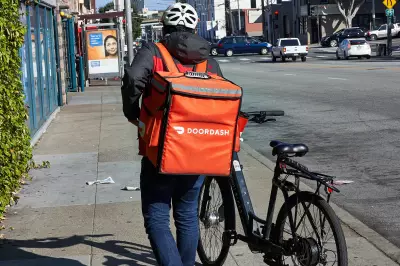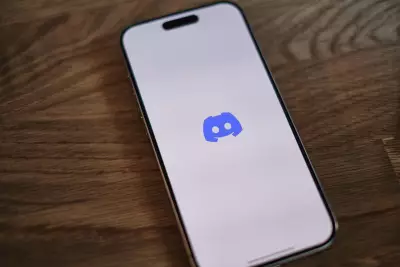Internet Safety for Kids: Ultimate Parent Guide
Table of Contents
- By David Lukic
- Published: May 27, 2022
- Last Updated: May 30, 2022

Over the last decade or two, we have seen a noticeable shift in general childhood activities. Society is silently pulling away from more active games and tasks and leaning towards more passive ones. Many more young children now own a phone or other digital device that can connect them to the internet. While there are many great learning tools available online, children are at risk of overexposure. Parents have a great responsibility to monitor their children’s online activity, and there are many convenient tools to aid them in that task.
When is the Right Time to Talk About Online Safety?
Figuring out the right time and way to talk with your kids about internet safety is an individual choice unique to every family group. In some cases, you may prefer to have an age restriction on the use of any digital devices. Other parents may use technology to occupy their young ones while involved in another task. Every parent’s situation is unique, as is the role that devices will play within your and your children’s lives. Regardless, the important thing is that you find a way to protect your child online. As your children grow more curious and want to explore the world around them, even from behind a screen, they must have filters and protections in place.
Placing age restrictions on certain features on a device, such as restricting certain games or videos, can help you as a parent carefully filter what your child is exposed to online. Maybe the iPad can keep your young one occupied while you take a shower or get an assignment done. Perhaps you restrict the internet accessibility on a device altogether so that the only purpose of the device is for educational games.
Cybersecurity Tips for Parents

Social Media
Social media presents an opportunity for your child to learn new skills and develop new ideas. However, it is also a breeding ground for unhealthy comparison, exposure to vulgar language, racy images, videos, cyberbullying, scams, etc. There are a lot of factors involved that are unnecessary for your child to be exposed to prematurely. A large part of teaching internet safety for kids is teaching wise digital citizenship. Encourage your kids to maintain boundaries when viewing and posting online and inform them that things that they post are permanently published for others to see.
Mobile Security
It can be more challenging to monitor internet usage on a mobile device than on a desktop in a centralized part of the household. A mobile device can too easily be carried into the bedroom or bathroom for privacy to view restricted content. But there are many types of protective software available to download onto your child’s phone or tablet that will restrict specific sites for when you cannot physically watch your child’s screen. In this way, you can keep a protective eye over what they view and their search history.
Gaming Security
There is much your child can be exposed to when gaming online. Language, violence, bullying, scams, and inappropriate content are some things a parental control software can help to protect your child. While you cannot watch over their shoulder one hundred percent of the time your child plays or watches games online, you can talk to them about what is okay to view and what is restricted.
Protect Against Cyberbullying
Cyberbullying happens on a multitude of platforms. Parents can monitor all chats and communications through parental control software and by having access to their children’s login information on these sites. Social media platforms, messaging apps, and gaming apps can open the door to unwelcome communication from bullies or scammers. To protect your child from cyberbullying, teach them about the common signs of a bully and what to avoid in chats.
Shield from Inappropriate Content
Many sites have pop-ups or ads that may display inappropriate images or information that is not age-appropriate for your young one. There are plenty of free ad-blocking extensions for browsers that will disallow these ads from popping up. In addition, parental control software can block this type of content according to the limits you choose to set on an app or browser.
Parental Controls on TV and Other Devices
Activity logs and search history are other things you may want to monitor as a parent. By being open and honest with your child about what type of content you are ok with them viewing and what you are restricting for a purpose, you can let your child know that they can inform you of any inappropriate content they may encounter. Parental controls on all devices allow you to restrict content. As you see your child grow in maturity, you may decide to adjust your restrictions and allow more sites or programs as you feel comfortable.
Data Privacy and Security- Identity Theft
Many devices can memorize and store personal information and payment information for ease of access in future transactions. This is important to keep in mind when sharing devices with young children who may not understand the value of money or may not have developed an understanding of spending. You can enable privacy settings in a browser or app to restrict data sharing and prevent security breaches or identity theft.
In a time when you are more accustomed to seeing a blue glow shining out of a stroller than you are to seeing a teddy bear, internet safety is a major topic that must be explored. Internet safety for kids is a parents’ responsibility since kids have not yet developed the accountability necessary to monitor themselves. Due to the great expanse and reach of the internet, it can seem to be a daunting task to protect your child online effectively, but there are measures you can take that streamline the process. Complete internet avoidance and full restriction may not be the wisest way to protect your child online. Over-controlling overwhelmingly leads to sneaking, lying, and hiding in kids’ internet usage. Talking to your kids about the purpose of their devices and intelligent internet usage can help them understand why certain things must be restricted for their protection and growth. Help is accessible through parental controls and your own digital citizenship to protect your child online.
















